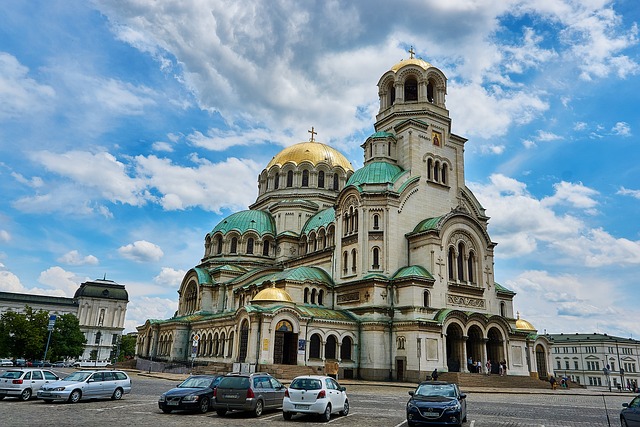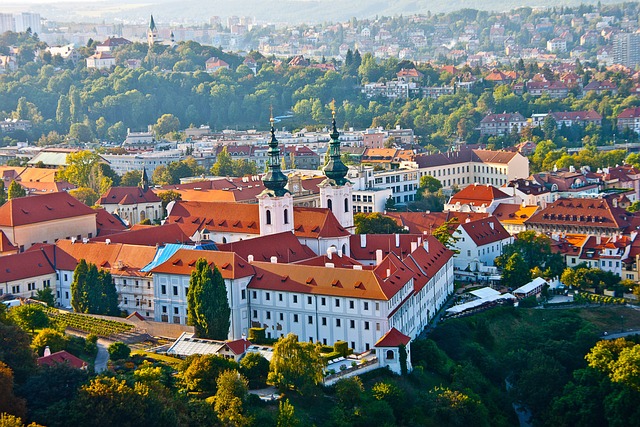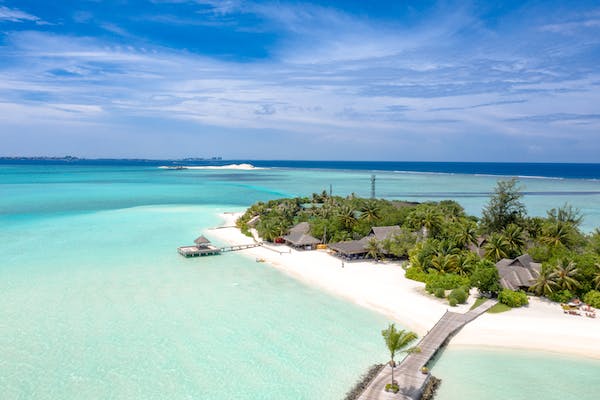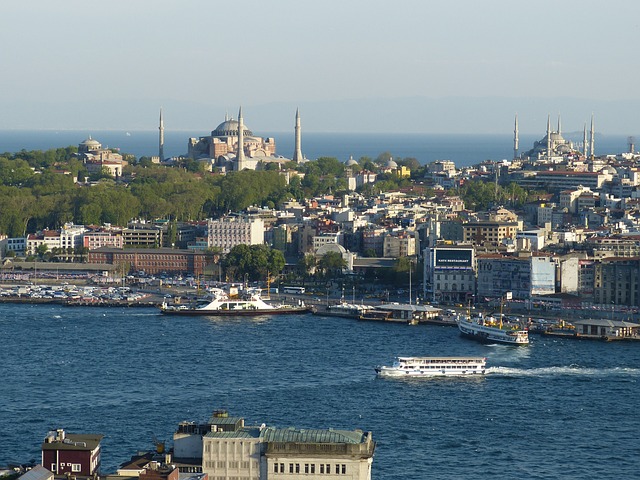Average Cost of Living in Bulgaria
With its dynamic culture and lengthy history, Bulgaria is becoming a draw for retirees, expatriates, and digital nomads looking for a low cost of living without sacrificing quality of life. Bulgaria, in the center of the Balkans, has a varied terrain, with gorgeous mountain ranges and charming Black Sea seaside cities.
Bulgaria’s comparatively inexpensive cost of living compared to many other European nations is one of the main things attracting interest. Let’s examine the specifics to see what the typical cost of living in Bulgaria entails for locals and visitors.
Housing Costs
The average cost of living in Bulgaria is mostly housing expenses. Apartment rental costs vary based on location, size, and facilities in large cities like the capital, Sofia, and coastal towns like Varna and Burgas. While comparable lodging outside of the city center may cost between €200 and €300 per month, a one-bedroom apartment in the city center may typically cost between €250 and €400 per month.
Rates for properties are generally more reasonable than in Western European countries, with rates for metropolitan areas starting at €700 per square meter for individuals considering buying.
Utility Expenses
In Bulgaria, utility costs such as internet, heating, water, and electricity are reasonable. A small flat’s average monthly utility bill could be between €80 and €120. It is noteworthy that winter heating expenses can increase utility expenditures, particularly in areas with lower temperatures.
Transportation
In Bulgaria, public transportation is affordable and effective, especially in larger cities like Sofia and Plovdiv. For locals, a monthly pass for buses, trams, and the metro range from €25 to €30. Furthermore, compared to many other European nations, petrol prices and maintenance expenses are lower in Bulgaria, making car ownership very inexpensive.
Food and Groceries
Bulgaria has a rich culinary heritage shaped by its unique geography and varied history. Compared to Western Europe, groceries are often less expensive in Bulgaria, where fresh produce, dairy products, and locally sourced components are readily accessible at reasonable prices.
A single person’s monthly grocery expenditure may be anything from €100 to €200, depending on their shopping habits and dietary preferences—a meal at an economical restaurant costs between €5 and €10 per person. Eating out at cafés and restaurants is also reasonably priced.
Healthcare
Both locals and foreign visitors can benefit from the extensive healthcare system in Bulgaria. Although Bulgarian citizens and residents have access to public healthcare, many foreigners choose private health insurance to receive better care from medical specialists who speak English.
Private health insurance is often less expensive than in other European nations, while the cost varies based on coverage selections and personal needs.
Conclusion
In conclusion, people looking for a better quality of life without going over budget will find Bulgaria to provide an appealing blend of affordability, natural beauty, and cultural diversity. Although Bulgaria has a far lower average cost of living than many Western European nations, it’s vital to remember that costs might change based on geography, personal preferences, and lifestyle choices.
Whether the serene rural landscapes of Bulgaria, the ancient charm of Sofia, or the coastline appeal of Varna beckons you, the nation provides a warm atmosphere where you may enjoy a good quality of life without sacrificing financial stability.






